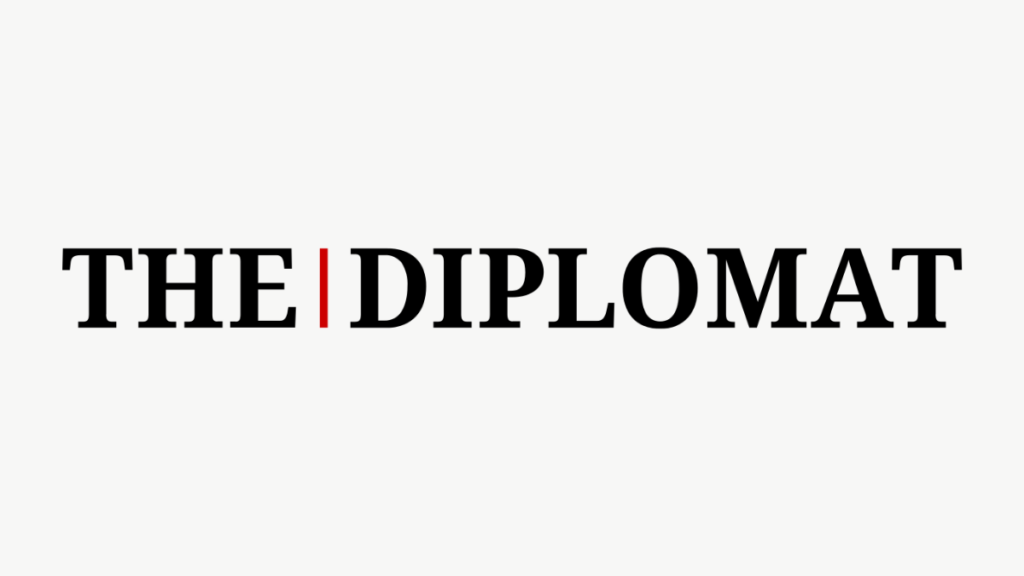Silencing RFA Uyghur Echoes Past Mistakes

July 8, 2025 | The Diplomat | Omer Kanat
In 1979, the United States shut down Uyghur-language radio broadcasts to appease the Chinese government ahead of Deng Xiaoping’s visit to Washington. Forty-five years later, Uyghur voices are being silenced once again, this time in the name of budget cuts. In March, the Trump administration eliminated Radio Free Asia’s Uyghur Service, the only source of uncensored Uyghur-language news in the world. Whether for diplomatic gain or domestic political theater, the result is the same: the silencing of our voices and the empowerment of Chinese state propaganda. The U.S. must not repeat this mistake.
RFA Uyghur was the first outlet to confirm mass deaths in Chinese internment camps in 2017. When international journalists were blocked from reporting in our homeland, RFA Uyghur revealed that internment camps were still operating despite government claims to the contrary. Its closure is not just a blow to press freedom; it is the silencing of an entire people amid an ongoing genocide.
Starting in the late 1960s, the Uyghur-language service of Radio Free Europe/Radio Liberty (RFE/RL) broadcasted 15 minutes a day into Central Asia and East Turkistan. The programming — uncensored news, history, culture, and politics — was a lifeline for Uyghurs desperate for truthful reporting.
Just before Chinese leader Deng Xiaoping’s historic visit to Washington in 1979, RFE/RL’s Uyghur language service was abruptly closed. U.S. officials, eager to strengthen ties with China to counter the Soviet Union, proactively shut down Uyghur language programming to win favor with the Chinese government ahead of the important meeting. Just 15 minutes of independent Uyghur journalism was important enough to be factored into high-level diplomatic calculations.
Later, we were told that the directive came from President Jimmy Carter’s national security advisor, Zbigniew Brzezinski, a staunch anti-Soviet who viewed China as a key partner against Moscow. Erkin Alptekin, a senior staff member at RFE/RL’s Uyghur service, wrote in a letter to The Washington Post that the U.S. government was “trying to eradicate a presumed source of embarrassment to blossoming U.S.-Chinese relations.” In other words, Uyghurs were collateral damage in a global chess game.
Under the leadership of Alptekin, Uyghurs advocated strongly to try to save RFE/RL’s Uyghur service. Some in Congress listened and tried to right the wrong. In 1979, Rep. John M. Murphy introduced H.Con.Res.132, urging RFE/RL to resume Uyghur-language programming. The resolution did not pass, but it gave us a spark of momentum to keep fighting for independent Uyghur journalism.
When I was hired as a journalist at RFE/RL in 1988, there was no Uyghur language programming; instead, I worked for RFE/RL’s Tajik Service. Even so, the 1979 resolution inspired us to keep advocating for Uyghur language programming. We finally succeeded in 1998, when Radio Free Asia’s Uyghur Service was founded. I’ll never forget the first broadcast, when independent reporting in our language finally reached our homeland for the first time in nearly 20 years.
Now, history is repeating itself.
With the elimination of RFA’s Uyghur Service, the Chinese government faces one less challenge to its disinformation campaigns. CCP-run newspapers openly celebrated the closure of RFA and VOA. Since March, Chinese state media have added 16 new Uyghur-language radio frequencies, flooding the airwaves with propaganda. Abroad, Beijing’s influence expands through tourism-promotion, all-expense-paid tours for foreign vloggers, censorship on Beijing-controlled applications like TikTok, and transnational repression campaigns that go unchecked.
We must learn from history instead of repeating our past mistakes. China is far more powerful now than it was when Uyghur language programming was first shut down in 1979. Allowing CCP propaganda to go unchallenged is even more dangerous this time. When the first Uyghur service was cut, China was opening its doors to the West, and allowing Uyghurs slightly more freedom. But now, China is waging a brutal genocide against our people. Uncensored Uyghur journalism is more important than ever before.
Sacrificing RFA Uyghur Service at such a desperate time for our people creates a perception that the U.S. only supports fundamental freedom when convenient.
Forty-five years ago, the U.S. silenced Uyghur voices in the name of diplomacy. Today, they are being silenced in the name of austerity. Either way, the result is the same: empowering the Chinese government’s repression and abandoning a people struggling to survive genocide.
The United States must reverse this dangerous decision and restore Radio Free Asia’s Uyghur Service. The cost is modest. The stakes could not be higher.
Let us not make the same mistake twice.
Read the article online: https://thediplomat.com/2025/07/silencing-rfa-uyghur-echoes-past-mistakes/
